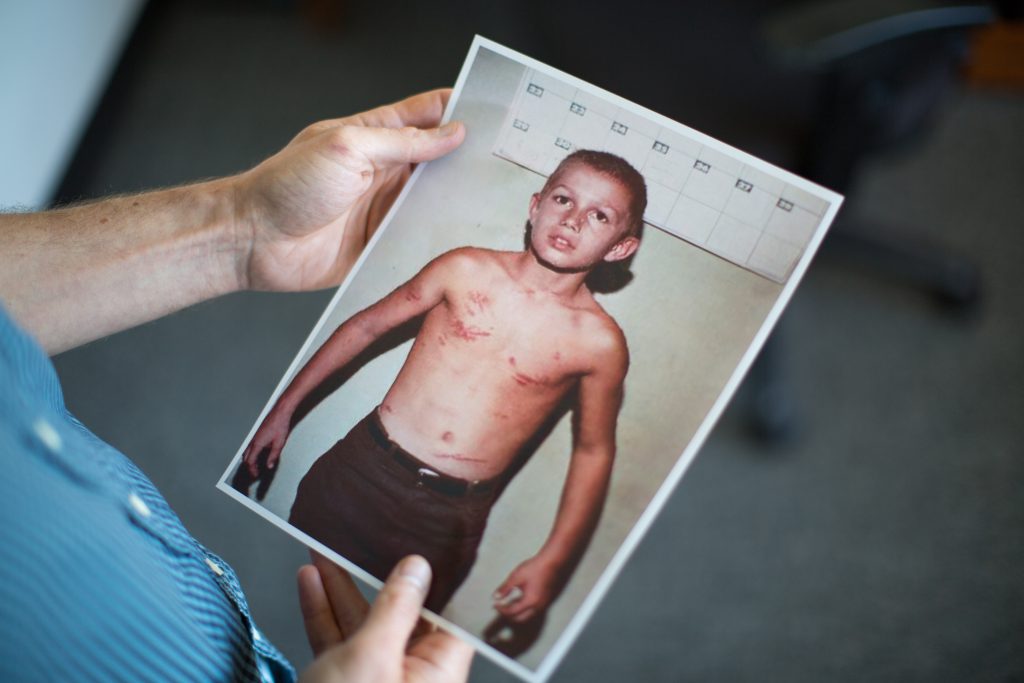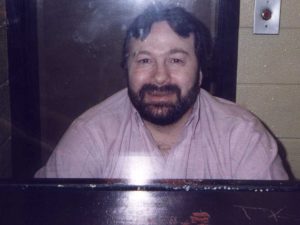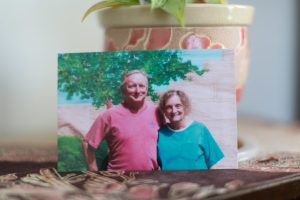
The most serious job our criminal legal system undertakes is to decide whether a person lives or dies. Yet, death penalty trials in North Carolina are littered with errors, misconduct, and questionable evidence.
The right to an adequate defense is guaranteed by the Constitution, but vulnerable people who cannot afford to fund their own legal teams haven’t always benefited from that promise. Many of those on NC’s death row were tried before the creation of a public defense agency, leaving them with overwhelmed or inexperienced lawyers. Some were so overburdened with cases that they didn’t have time to read the evidence, request key records, or interview witnesses before going to trial. Many failed to present any mitigating evidence about their clients’ life stories.
Falsified or discredited forensic evidence has also been used to sentence people to death. North Carolina’s State Crime Lab has admitted that, over a 16-year period, analysts systematically withheld or distorted blood evidence in an attempt to secure convictions. Ballistics and hair analysis methods that were routinely used in death penalty cases have also been called into question.
Death penalty convictions also frequently rely on evidence that has been proven unreliable, such as eyewitness identifications, coerced confessions, and the testimony of informants, jailhouse snitches, and co-defendants. In some cases, witnesses have received relief from criminal charges or even cash payments for their testimony.
In trial after trial, the death penalty proves itself unworthy of our nation’s promise of equal justice.
Right now in North Carolina:
- In one NC capital case, the defense team begged the judge to postpone the trial, saying they had not even begun to prepare. The judge refused, and the trial began the next day.
- One NC attorney, several of whose clients were sentenced to death, later admitted to drinking more than a dozen shots of liquor each night and coming to court drunk.
- One review found that junk science (unreliable forensic evidence) contributed to one-third of wrongful convictions.
- Nationally, eyewitness misidentification has played a role in three-quarters of wrongful convictions overturned through DNA testing in the US.


